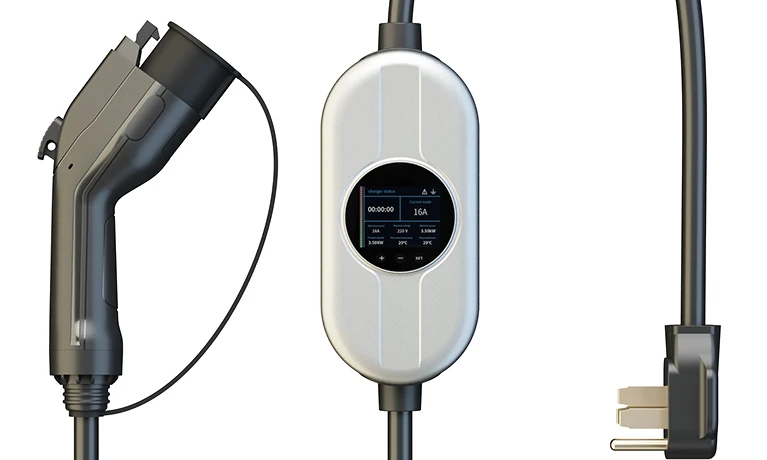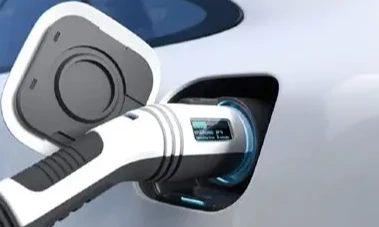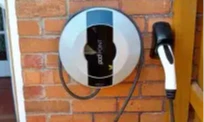EV Charging station Installation at Home
Our technicians follow the procedure for EV charging installation Ensure your home has a sufficient main supply capacity (preferably single-phase 230 V or three-phase 415 V, depending on charger rating). Verify the connected load limit from your electricity provider — upgrade your meter or connection if required. Typical home chargers: Level 1: 2–3 kW (uses normal 3-pin socket, slow charging) Level 2: 7.4 kW to 11 kW (dedicated wall-mounted AC charger, faster charging. Provide a separate circuit for the EV charger — never share with other appliances. Install a dedicated MCB or RCBO (Residual Current Breaker with Overcurrent protection) for the circuit. Use a Type B RCCB / RCD for protection against DC leakage currents. Use appropriately sized copper cables (depends on charger power & distance): e.g., 6 mm² to 10 mm² for 7 kW chargers Ensure high-quality insulation (heat & moisture resistant). Keep cable runs short and protected inside PVC conduit or armored cable. Maintain correct phase, neutral, and earth connections with color coding. Ensure the home has a proper earthing system (resistance < 1 Ω ideally). Install a Surge Protection Device (SPD) to protect from voltage spikes. Always verify earth continuity from main DB to charger point. If using metal charger housing, ensure it’s earthed properly. Choose a charger with: IS/IEC standard compliance (e.g., IEC 61851, IS 17017) Overvoltage, overload, short-circuit, and earth leakage protection Smart features like load management or Wi-Fi monitoring (optional) Prefer Type 2 socket (IEC 62196) — common standard for most EVs. Weatherproof rating: IP65 or higher for outdoor installation. Select a location: Close to the parking area and power distribution board Sheltered from direct sunlight and rain With adequate ventilation and free space around the charger Mount charger at 1.2 – 1.5 m height above floor for easy access. After installation, perform: Insulation resistance test Earth continuity test Voltage and current measurement during charging Verify charging cutoff and protection operation. Clearly label the EV circuit at the main distribution board. Smart Energy Meter to track EV charging consumption. Solar integration for renewable energy charging. Automatic load balancing to avoid main breaker tripping. App-based monitoring for charging schedule and energy use.
Book a Service
Sun, Feb 22
Team will arrive within the selected time



